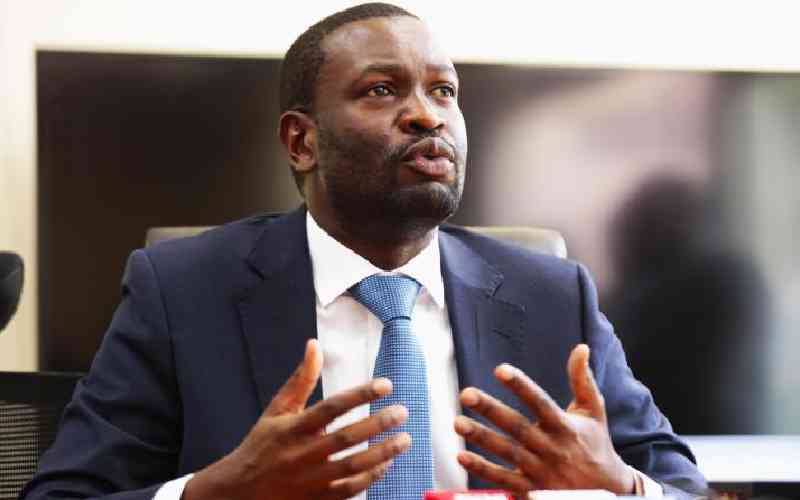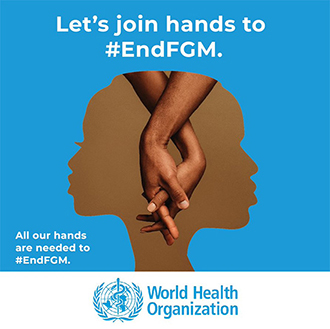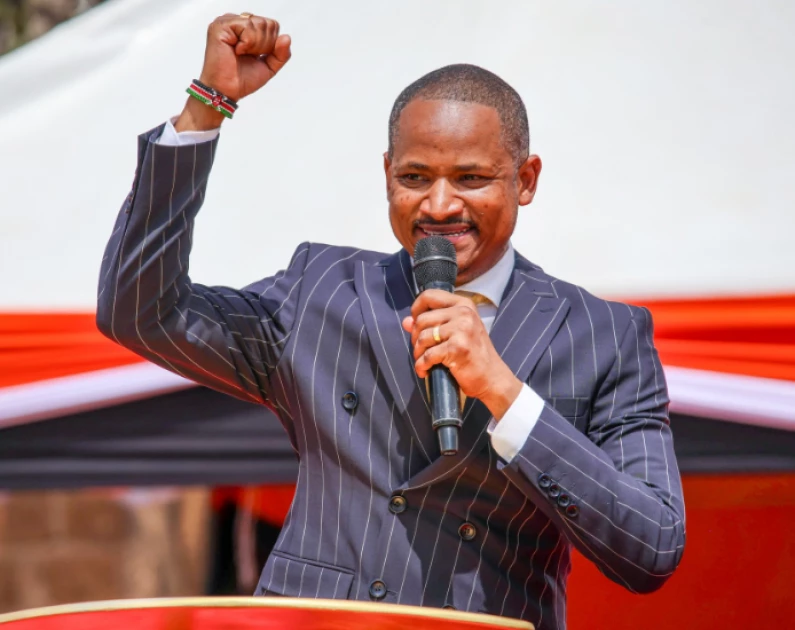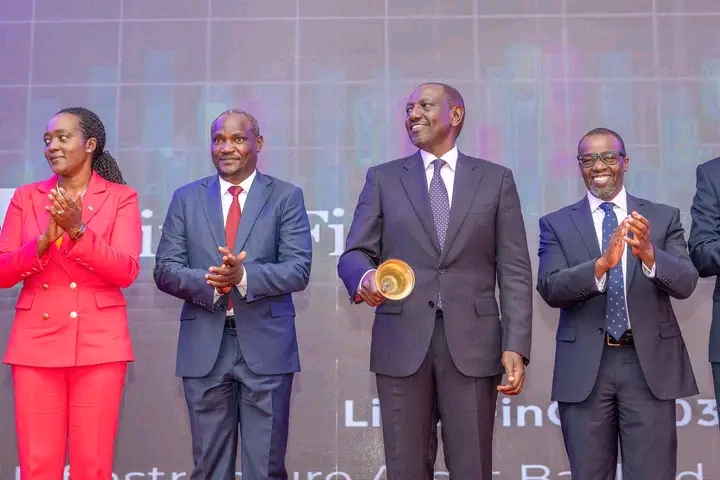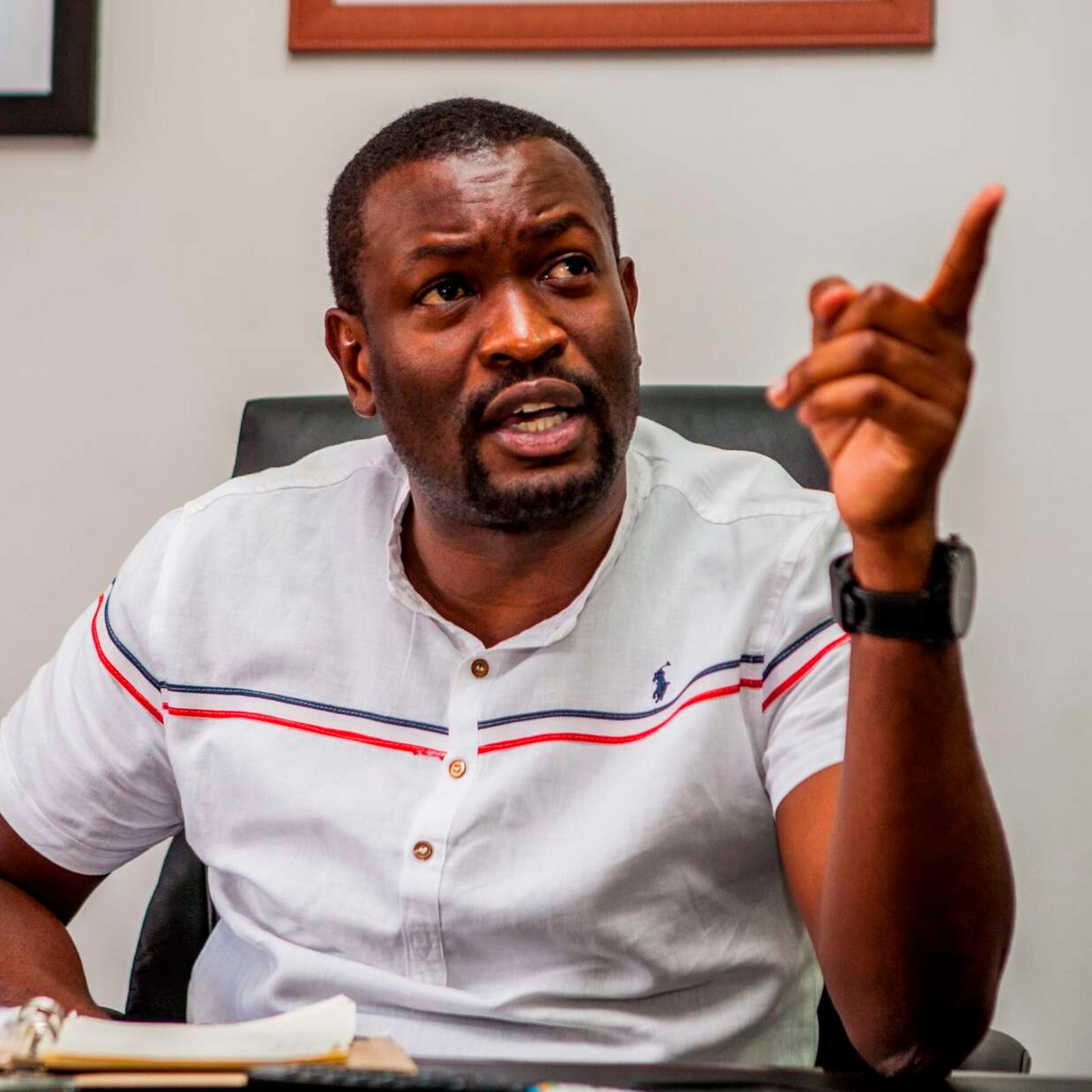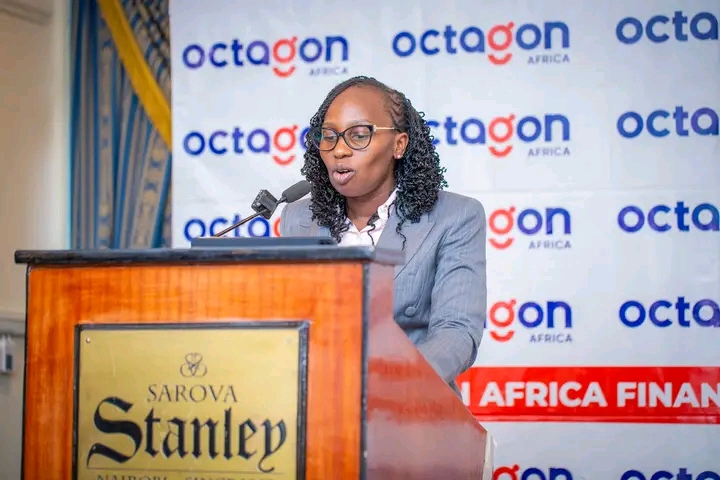Sifuna Breaks Silence on Painful Aftermath of Raila’s 2022 Election Defeat
Nairobi Senator Edwin Sifuna has revealed he went into months of isolation after the 2022 elections, unable to celebrate his Senate win due to Raila Odinga’s presidential loss. As ODM Secretary General, he felt personally responsible for the party’s poor performance and struggled with guilt and public pressure. Sifuna described the period as one of the lowest moments of his political life, calling it emotionally overwhelming.
Edwin Sifuna: I had been elected for the first time in 2022 as the Senator, but because I was SG of ODM and my party...
Posted by Citizen TV Kenya on Tuesday 22 July 2025
Nairobi Senator Edwin Sifuna has emotionally recounted the psychological toll he endured following the 2022 general elections, revealing that the pain of his party’s defeat robbed him of the joy of winning his first Senate seat. Speaking in a televised interview on Tuesday, July 22, 2025, the ODM Secretary General revealed he spiraled into isolation and depression after the results, burdened by guilt and despair over Raila Odinga’s failed presidential bid.
Sifuna said that although the electorate in Nairobi had entrusted him with a senatorial mandate, he found himself unable to celebrate the milestone because of the crushing loss experienced by his party and its leader. As Secretary General of the Orange Democratic Movement (ODM), he felt a deep sense of accountability for the outcome. Rather than enjoy the fruits of his hard work on the campaign trail, Sifuna said he withdrew from public life for nearly three months, choosing to remain locked inside his home.
“I had been elected for the first time in 2022 as Senator, but because I was SG of ODM and my party leader had lost elections, I never got an opportunity to celebrate,” he recalled. “I was locked up in my house for almost three months. I didn’t want to talk to anyone. I didn’t want anyone to call me because I had no answers for the people. I do not want to go through that again.”
The 2022 general elections were highly anticipated, with Raila Odinga making his fifth and final stab at the presidency under the Azimio la Umoja coalition. Despite strong backing from then-president Uhuru Kenyatta and a nationwide campaign blitz, Raila lost to then-Deputy President William Ruto, who clinched the presidency with 50.49% of the vote against Raila’s 48.85%. The close contest sparked widespread emotions among ODM supporters, many of whom believed the election had been mishandled. Raila disputed the results in court, but the Supreme Court upheld Ruto’s victory.
ODM’s struggles extended beyond the presidential race. The party performed dismally in the National Assembly, securing just 86 seats compared to the United Democratic Alliance’s (UDA) 145 seats. Additionally, ODM suffered losses in a number of key local contests, including high-profile by-elections like Msambweni, where they lost to an independent candidate backed by UDA. Party leaders, including Hassan Joho, cited factors such as low voter turnout—especially on weekdays—as a significant contributor to the poor showing.
Sifuna acknowledged that the party was caught off guard by the gap between public support and actual voter turnout. “We had the people, but we just couldn’t convert that energy into votes. That is something we must reflect on deeply,” he said. He admitted that, as ODM’s Secretary General, he had underestimated the challenge of translating massive crowds at rallies into votes on election day.
He further revealed that the overwhelming number of messages from supporters seeking answers after the defeat became a source of stress, which compounded his isolation. “I felt helpless,” Sifuna confessed, noting that many ODM supporters looked to him for explanations that he didn’t have at the time. The experience, he said, left emotional scars and marked one of the lowest points of his political journey.
Since the elections, the ODM party has faced internal divisions and increasing calls for reform. Analysts say Sifuna’s public confession is a rare but important glimpse into the emotional pressures politicians face behind the scenes, especially after major electoral setbacks. The party has since been holding consultative meetings aimed at rebuilding its grassroots support and revamping its strategy ahead of the 2027 polls.
Sifuna’s reflections add to a growing narrative within ODM that recognizes the need for transformation—not just in structure and strategy, but also in emotional resilience and leadership support. His vulnerability underscores the personal cost of political leadership in Kenya and highlights the urgency for parties to prioritize mental health support for leaders facing immense public expectations.


